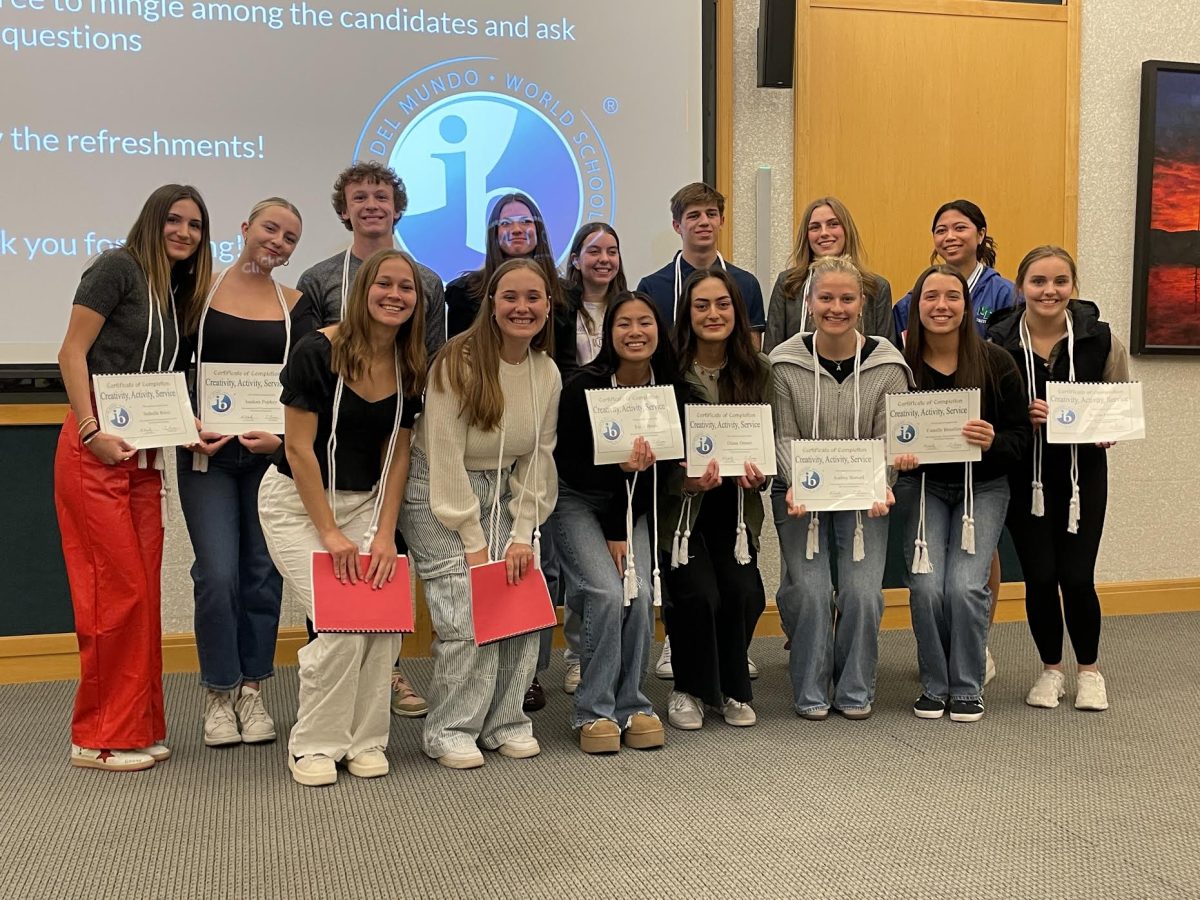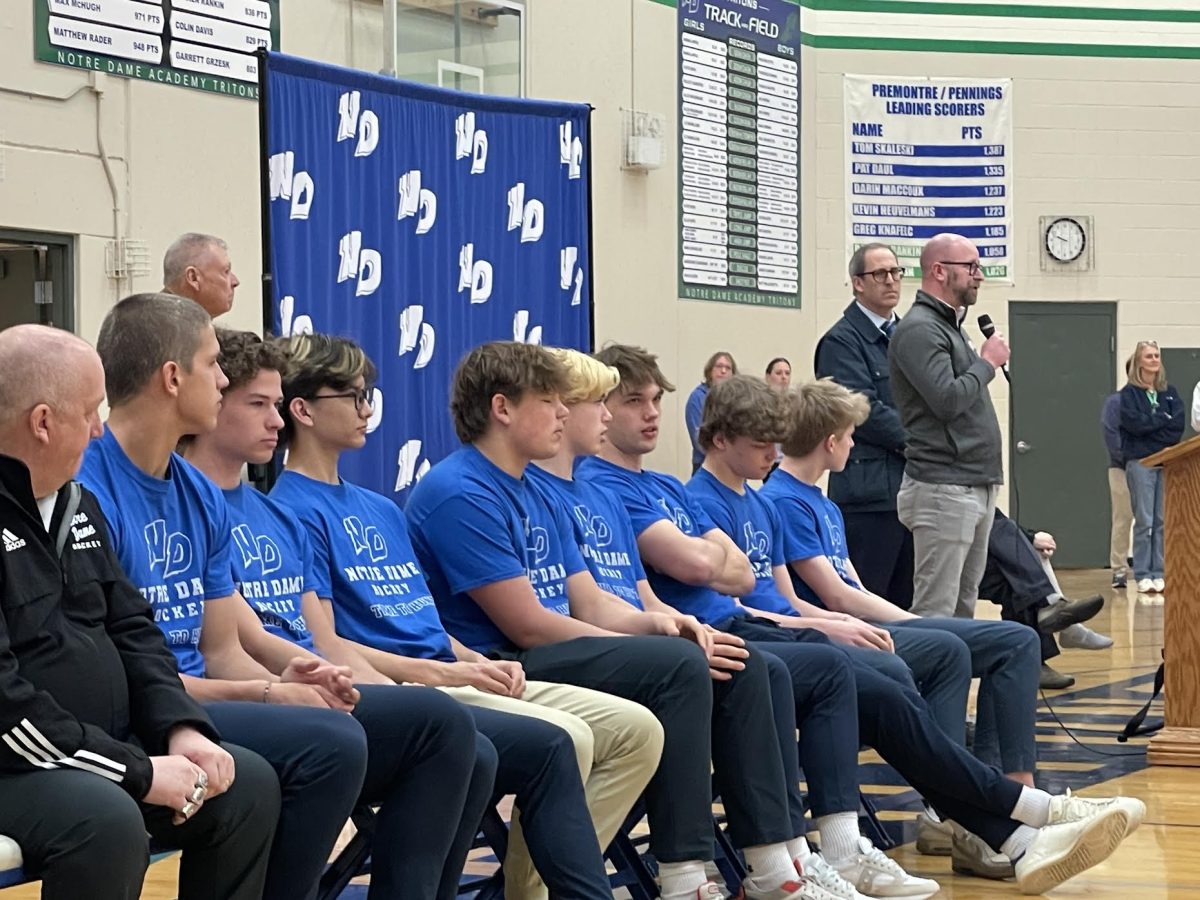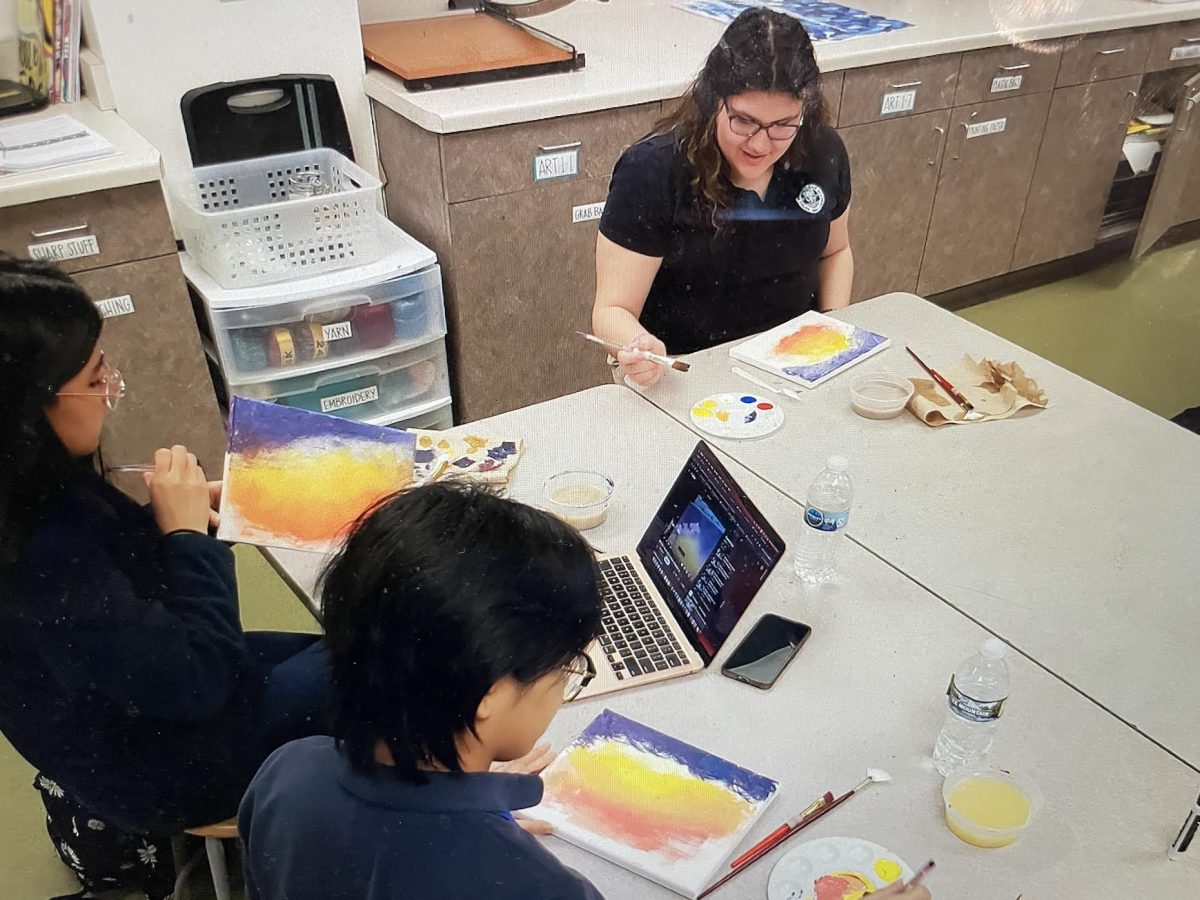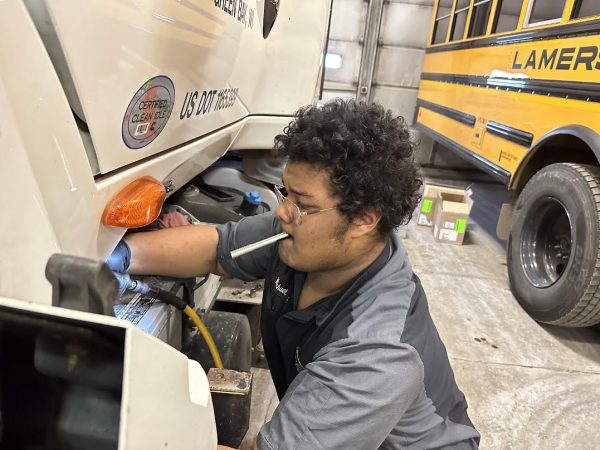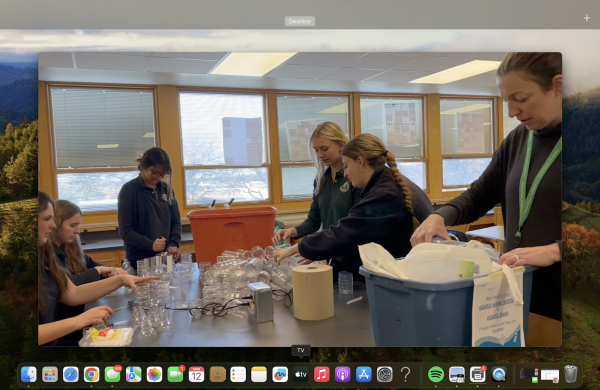Dory Believes BYOD Engages Students, Enhances Learning
December 13, 2016
The BYOD policy implemented at NDA has advantages and disadvantages.
One teacher who uses the BYOD policy in her classroom is Spanish teacher Crystal Dory, who said, “The advantages of BYOD is that students are more engaged and have a better opportunity to learn.”
Dory says that BYOD has enhanced learning and it is easier to put out more information on Haiku pages.
BYOD has many advantages, such as cutting the cost of printing papers when they can be shared with teachers. Consequently, teachers can view them and comment without wasting paper.
Dory provides many resources on her Haiku page that can be easily accessed by students now that BYOD has been implemented.
As a Spanish teacher, Dory said that BYOD has given her more to offer students, such as watching interactive videos or reading online articles in Spanish.
“I think BYOD is going to be a part of our daily routine,” said Dory. She believes that BYOD will continue to grow and thrive as the BYOD policy continues to be implemented. She thinks that one day students and staff will not remember what it was like without BYOD.
Dory was part of the committee that helped launch the initiative of BYOD. They had to discuss and meet with administration, student government, disciplinary committee and the directors of technology to discuss the pros and cons.
Dory wouldn’t change anything about BYOD; she is glad to have it in her daily life. The one thing she thinks would be better is if each student had the same device as certain softwares will not let students view certain documents.
Dory prefers BYOD to computer labs and likes to be in her room. She says that BYOD optimizes class time.
Dory trusts students and expects them to use BYOD responsibly.



